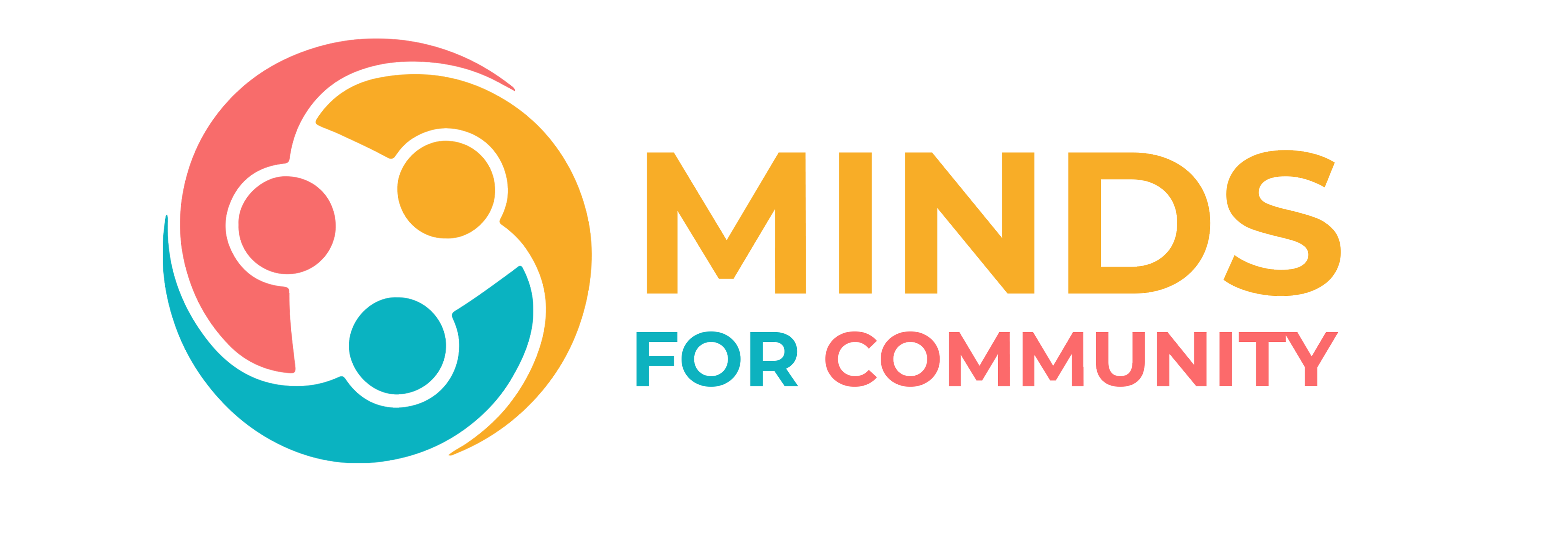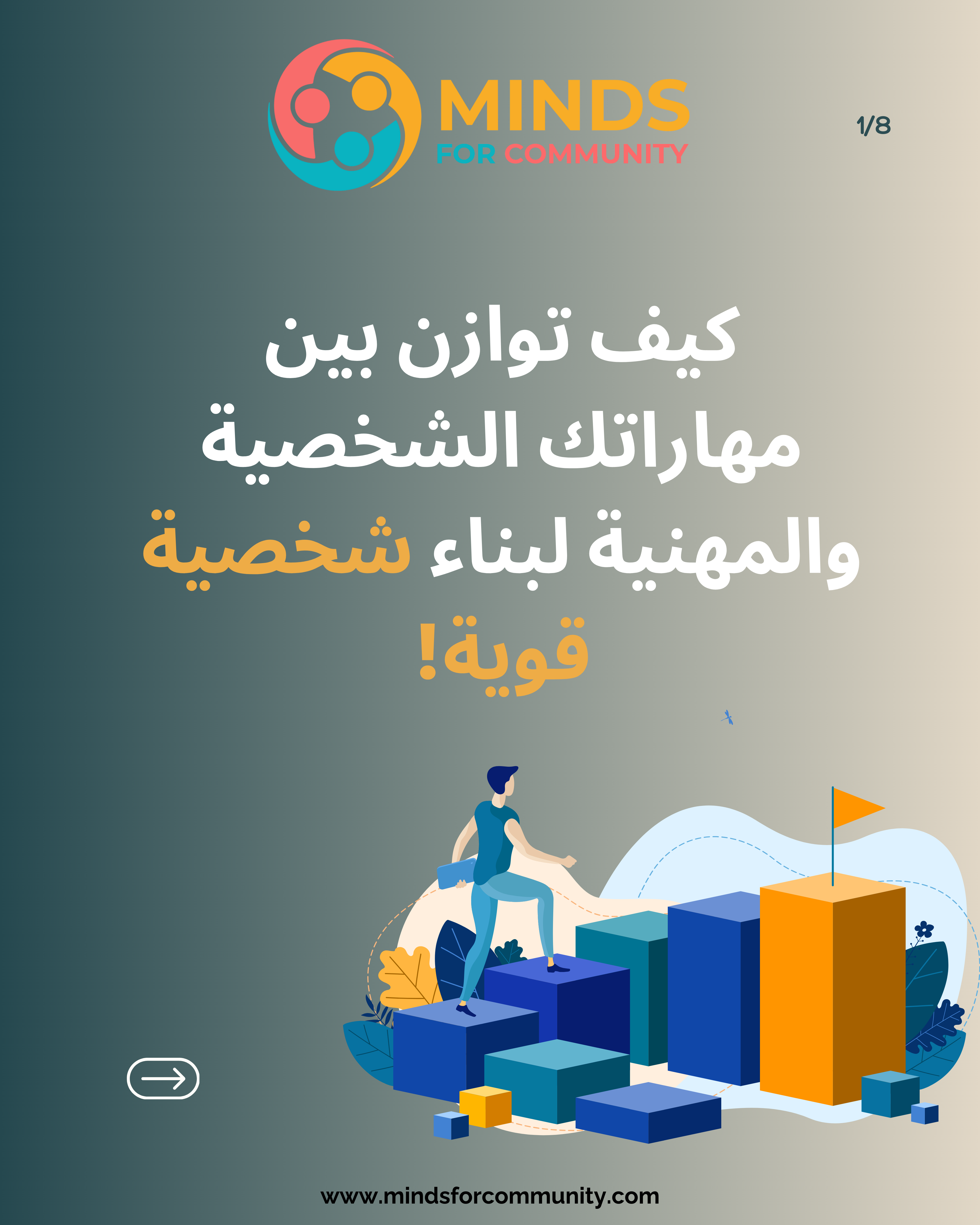In today’s fast-changing world, balancing personal and professional skills is key to building a strong and adaptable personality. Professional competence alone is not enough for success; it must be complemented by personal skills such as emotional intelligence, communication, problem-solving, and time management. In this article, we will explore how to achieve this balance and its importance in both professional and personal life.
First: Understanding Personal and Professional Skills
Personal Skills: These include qualities and abilities that help in interacting with others and working effectively in society, such as leadership, communication, teamwork, and stress management.
Professional Skills: These are technical abilities and expertise that enable an individual to perform their job efficiently, such as programming, accounting, design, or other specialized skills.
Second: The Importance of Balancing These Skills
Achieving a balance between personal and professional skills ensures success in one’s career without compromising mental health or social relationships. A person with high professional expertise but poor communication skills may struggle to advance in their career, while someone who focuses only on personal skills might face challenges in proving their professional competence.
Third: Ways to Achieve Balance
1. Developing Personal Skills
Learning Emotional Intelligence: Helps in understanding others’ emotions and interacting with them effectively.
Enhancing Communication Skills: This includes active listening, speaking clearly, and using body language correctly.
Teamwork: Accepting others’ opinions and collaborating to achieve common goals.
2. Developing Professional Skills
Continuous Learning: Taking training courses and reading about the latest developments in the field.
Gaining Practical Experience: Through projects and professional training.
Time Management: Setting priorities to ensure productivity and efficiency at work.
3. Balancing Work and Personal Life
Setting time for rest and hobbies.
Avoiding excessive work to
maintain mental and physical health.






